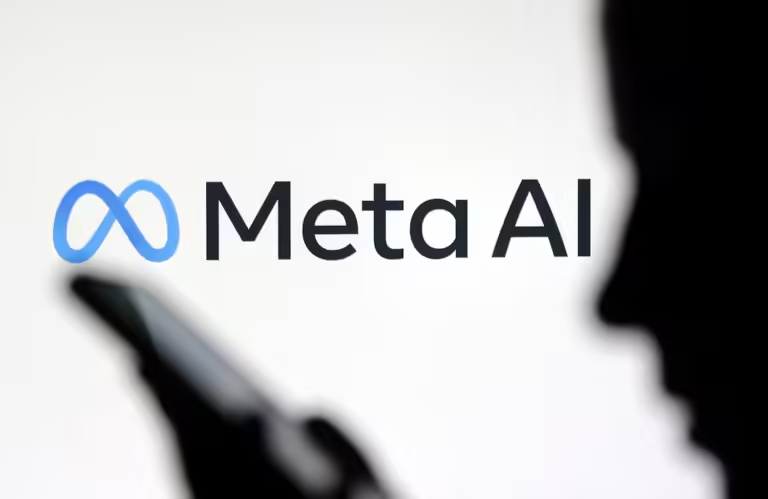Meta AI Confronts AI Auditing: The New Era of Accountability
Introduction
With artificial intelligence emerges an unprecedented door of immense opportunities but behind it lies also concerns in transparency, bias, and accountability. Meta AI addresses other AI systems in the unprecedented act of auditing to ensure responsible development and deployment, ushering a new chapter in AI governance.
Against this backdrop, this growing need for oversight into the tech space shines.
What is AI Auditing?
AI auditing is the process by which the performance of machine learning models and the AI systems is measured to ensure that they conform to adequate ethical and technical standards. It involves checking how data is used; that no form of bias is promoted by the algorithms, and whether the systems are working within allowed and intended ethical frameworks.Meta’s audit initiative is focused on trust and transparency, especially with black-box algorithms dominating decision-making in finance, health care, and social media.
Why Meta AI is Leading the Charge
Meta has its vast infrastructure for AI and AI research capabilities.
Getting into this role, Meta aims to: identify Bias, that means reviewing their evaluation of unintended biases held by AI models.
Increase Compliance: The initiative of the company will help companies bring their usage of AI within the purview of privacy laws and regulations.
Make People Trustworthy: Conduct transparent reports on the performance and risks associated with audited systems.
Under public scrutiny, tech giants are now under so much heat to come up with codes to address the ethical implications of AI. Meta thinks that its initiative will not only raise the bar for responsible AI use but also encourage other companies to undertake similar measures.
The Auditing Process
Meta AI is auditing through a multi-phased approach in the following ways:
Algorithm Analysis-Deconstruction of the underlying models in their structure and function
Data Inspection-Reviewing the training datasets to find any latent biases
Impact Assessment-Assessment of how AI impacts real-world users and communities
Meta further makes use of automated tools and machine learning explainability techniques to create a detailed audit report that identifies areas which require improvement.
Challenges of AI Auditing
Despite the significance, there are challenges to AI auditing. For Meta, some of the biggest pain points associated with AI audits are:
AI Systems are Complex: Many AI models are opaque and not easy to interpret.
Access to Data: Proprietary datasets can limit what an audit can see .
Constant evolution of regulations: Compliance needs shift as governments introduce new AI laws .
The Future of AI Auditing
The move from Meta could set a new industry standard and place a common benchmark on the auditor practices of the tech companies. The long-term analysis: AI auditing would be compelled as a regulation and become a tool through which organizations are held accountable for their AI system.
That is why the work at Meta places a lot of attention on developing AI in fair, transparent, and trustworthy ways. With Meta AI placing itself at the cutting edge of such initiatives, these may be the beginnings of an era where AI systems perform and act ethically and responsibly.
In entering the realm of auditing other AI systems, Meta’s move will thus herald that importance is fast being placed on transparency and trust in artificial intelligence. So, as more organizations follow this trend, the governance of AI will always continue to evolve, making sure that this technology serves humanity responsibly.


